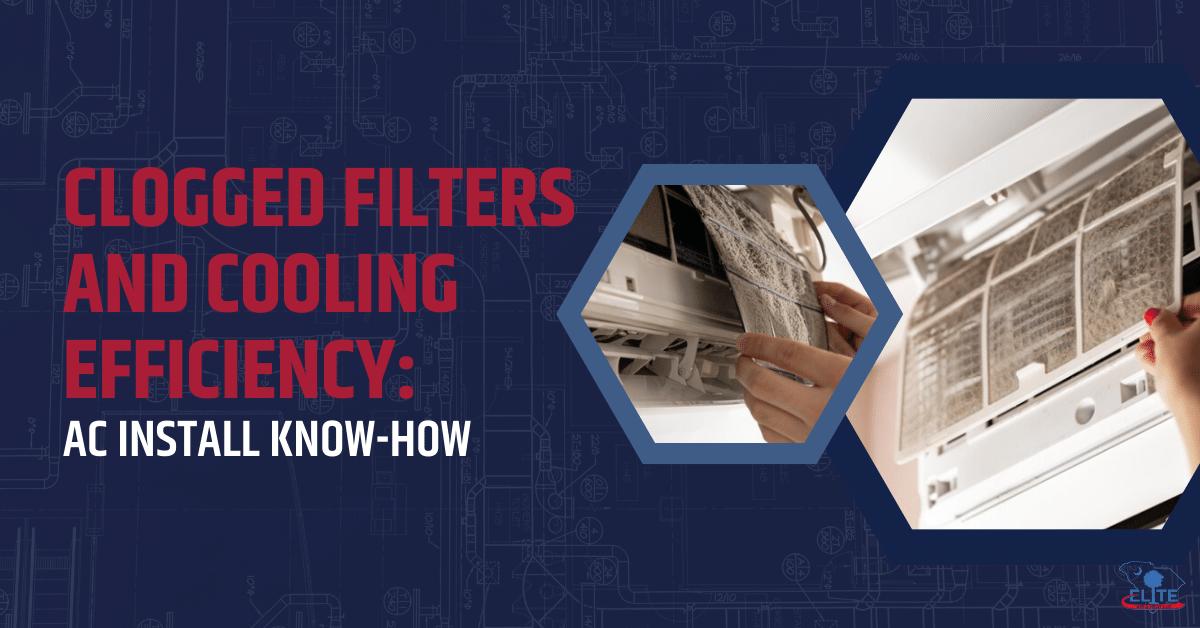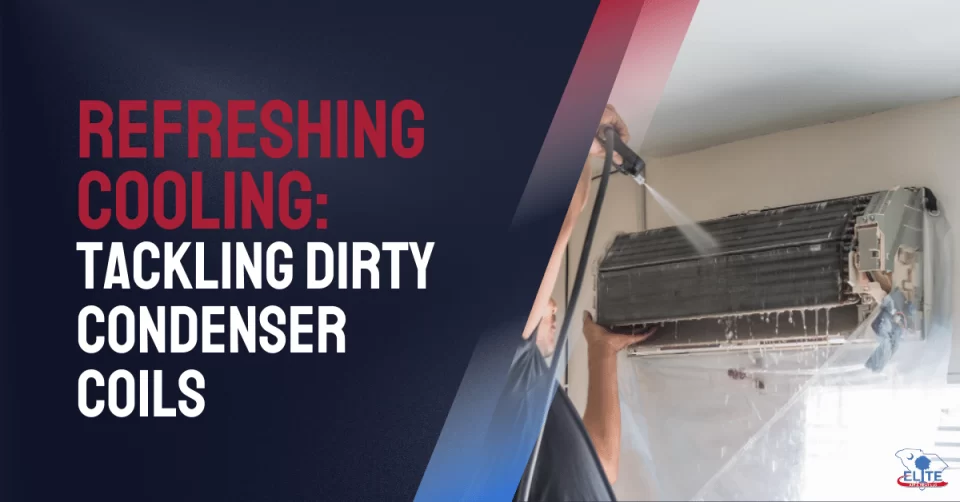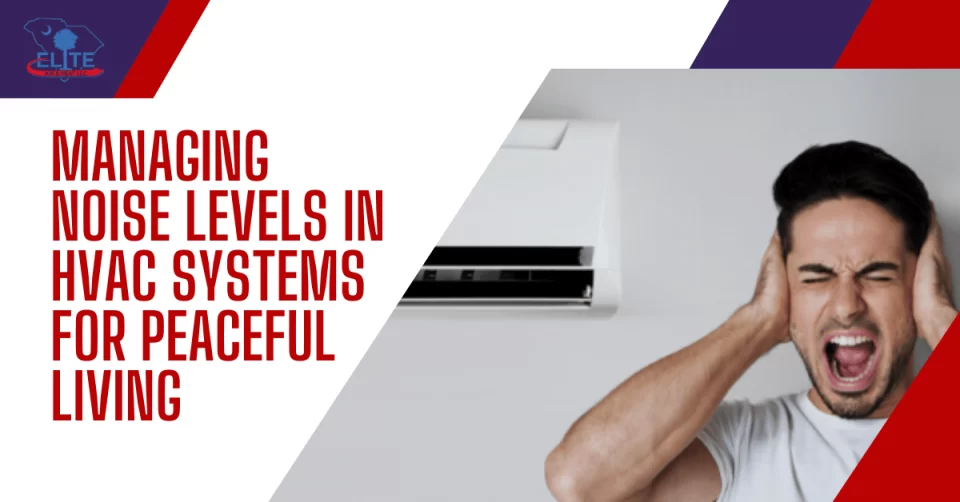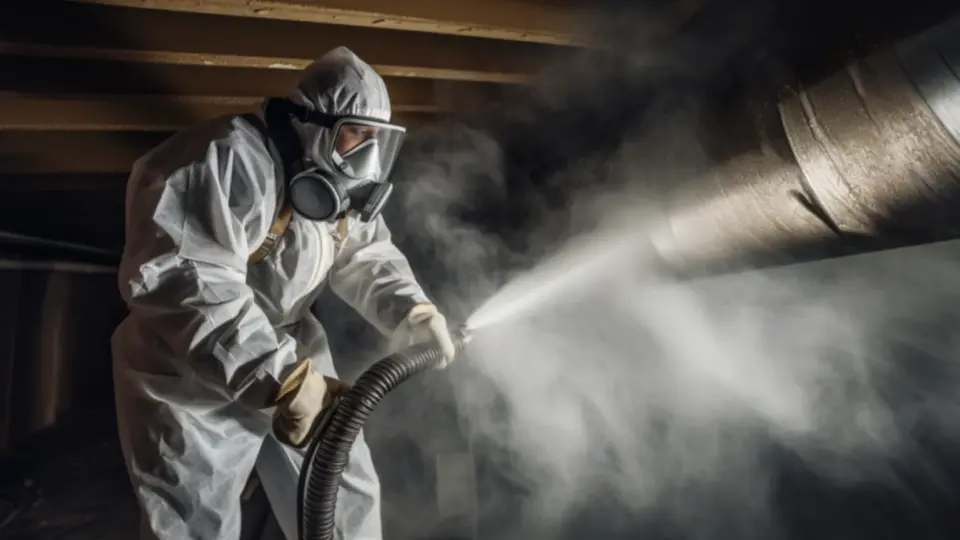As summer heats up, our reliance on air conditioning increases. However, have you noticed that your AC isn’t as efficient as it used to be? Perhaps the temperature in your home is fluctuating or the airflow doesn’t seem as strong.
Before panicking and calling for a costly repair, consider checking your filters first. Often overlooked but crucial to the functionality of an air conditioner, clogged filters can greatly impact cooling efficiency.
Understanding the impact of clogged filters on cooling efficiency is crucial for AC installation and maintenance. Air conditioning systems rely on clean and unobstructed filters to function optimally. Clogged filters can impede airflow, leading to a range of issues.
How do clogged filters impact the cooling efficiency of AC units during installation?
Clogged filters can significantly impair the cooling efficiency of AC units during installation, leading to a range of performance issues and potentially compromising the system’s overall effectiveness. When air filters become clogged with dust, debris, and pollutants, several adverse effects come into play:
- Reduced Airflow: Clogged filters restrict airflow into the AC system. This reduction in airflow hampers the system’s ability to take in and cool the warm indoor air efficiently.
- Decreased Cooling Capacity: The AC unit struggles to cool the air effectively with restricted airflow. This reduces cooling capacity, making it challenging to maintain the desired temperature levels in the space.
- Increased Energy Consumption: To compensate for the reduced cooling capacity, the AC unit must run longer and work harder, leading to higher energy consumption. This translates into increased electricity bills and decreased energy efficiency.
- Strain on Components: The added workload caused by clogged filters can stress various components of the AC system, perhaps causing premature wear, increased maintenance requirements, and a shorter lifespan.
- Uneven Cooling: Clogged filters may result in uneven cooling throughout the space, with some areas needing more cooling while others remain too warm.
During AC installation, it’s crucial to ensure that clean and appropriate filters are in place, and regular filter maintenance should be emphasized. Proper filter care enhances cooling efficiency and contributes to better indoor air quality and a more comfortable living or working environment.
What benefits come from proper AC installation with a focus on filter maintenance?
Proper AC installation with a strong focus on filter maintenance offers several significant benefits:
- Improved Cooling Efficiency: A well-installed AC system with clean and regularly maintained filters operates at peak efficiency. It cools the indoor air more effectively, ensuring consistent and comfortable temperatures throughout the space.
- Energy Savings: An efficiently operating AC system consumes less energy. With reduced strain on the system, it runs for shorter periods and requires less power, leading to lower utility bills and long-term energy savings.
- Enhanced Indoor Air Quality: Regular filter maintenance reduces dust, allergens, and pollutants, improving indoor air quality. This is crucial for allergy and respiratory sufferers.
- Extended System Lifespan: Proper AC installation and filter maintenance reduce wear and tear on system components, extending the unit’s lifespan. This can help you avoid the cost of premature AC replacement.
- Fewer Repairs: When filters are clean, and airflow is optimal, the AC system is less likely to experience breakdowns or require frequent repairs, saving time and money.
- Consistent Comfort: Maintained filters ensure even and consistent cooling, preventing temperature fluctuations and uncomfortable conditions within your living or working spaces.
- Environmental Impact: Reduced energy consumption and efficient operation contribute to a smaller carbon footprint, making your AC system more environmentally friendly.
Proper AC installation and diligent filter maintenance improve cooling efficiency and lead to cost savings, better indoor air quality, increased system longevity, and a more eco-friendly operation. These benefits collectively enhance your overall comfort and well-being while ensuring the long-term performance of your AC system.
Can professional AC installers ensure efficient cooling with clean filters?
Yes, professional AC installers can play a crucial role in ensuring efficient cooling with clean filters during installation. Their expertise encompasses the correct installation of the AC unit and the guidance and recommendations for proper filter maintenance, which is integral to cooling efficiency. Here’s how professional installers contribute to this:
- Proper Filter Selection: AC installers can recommend and install the right type and size of filters suitable for your specific AC system and indoor air quality needs.
- Installation Expertise: They ensure that filters are correctly installed within the system, preventing gaps or leaks that could allow unfiltered air to enter, compromising efficiency.
- Filter Maintenance Guidance: Professional installers educate homeowners about the importance of regular filter maintenance. They provide information on when and how to clean or replace filters and may even offer scheduled maintenance services.
- Performance Testing: After installation, they often conduct performance tests to ensure the AC unit functions optimally, including assessing airflow and cooling capacity.
- Preventive Measures: They can identify potential issues early on, such as filter housing or ductwork problems, and address them during installation to prevent future filter-related issues.
By relying on professional AC installers who prioritize filter maintenance, homeowners can enjoy the benefits of an efficient operating system, cost savings, improved indoor air quality, and extended equipment lifespan. These experts provide valuable guidance to help homeowners maintain clean filters and achieve optimal cooling efficiency.
What signs indicate the need for filter maintenance in new AC installations?
Even in new AC installations, some signs may indicate the need for filter maintenance. While the system may be new, its filters require regular attention to ensure efficient and trouble-free operation. Signs that suggest the need for filter maintenance in new AC installations include:
- Reduced Airflow: If vent air flow decreases, it may be a sign of clogged filters. Reduced airflow can result in uneven cooling and increased energy consumption.
- Uneven Cooling: If some areas of your home or workspace are cooler than others, it may indicate that the filters are not allowing sufficient airflow, leading to temperature inconsistencies.
- Increased Energy Bills: An unexpected electricity bill increase without increased usage can signal that your AC system is working harder due to restricted airflow caused by dirty filters.
- Dust Buildup: Excessive dust on surfaces or in the air may indicate that your filters must capture airborne particles more effectively.
- Noisy Operation: If your AC system becomes louder during operation, it could struggle to move air through clogged filters.
- Visible Debris: Inspect the filters for visible debris, dirt, or dust accumulation. If you can see it on the filter, it’s likely affecting performance.
- Odors: Unpleasant odors from your AC system can indicate mold or bacterial growth, often linked to poor airflow caused by dirty filters.
Filters should be inspected and maintained regularly in new installations to prevent these issues. Establishing a filter maintenance schedule and following the manufacturer’s recommendations for cleaning or replacement is essential to keep your new AC system running efficiently and effectively.
Where can homeowners find expert guidance on AC installation to maximize cooling efficiency?
Homeowners seeking expert guidance on AC installation to maximize cooling efficiency have several reliable sources to turn to:
- Professional HVAC Contractors: HVAC (Heating, Ventilation, and Air Conditioning) contractors are experts in AC installation. They can assess your specific cooling needs, recommend the right-sized unit, and ensure proper installation for optimal efficiency.
- Manufacturer’s Documentation: The installation manuals and guidelines for your AC unit provide essential information on correct installation procedures. Following these instructions is crucial for achieving peak performance.
- Energy Efficiency Programs: Local energy efficiency programs and utility companies often offer resources and guidance on AC installation to help homeowners make energy-efficient choices.
- Online Resources: Reputable websites and forums dedicated to home improvement and HVAC systems provide valuable insights, tips, and user experiences related to AC installation and maintenance.
- Home Improvement Books: Many home improvement books and guides offer comprehensive sections on HVAC systems, including AC installation and maintenance advice.
- Local HVAC Associations: Local HVAC associations or chapters of national organizations can provide recommendations for certified HVAC professionals and additional resources on AC installation.
When seeking expert guidance, it’s essential to consult licensed and experienced HVAC professionals to ensure your AC system is installed correctly and optimized for cooling efficiency. A well-installed and well-maintained AC system maintains household comfort and reduces energy expenditures and reduces environmental impact.
Call Us at Elite Air & Heat for AC Maintenance!
Prioritize filter maintenance with Elite Air & Heat, LLC, to ensure optimal air conditioning performance and significant energy savings. Our dedicated team values cleanliness filters in your AC system, and we’re here to help you maximize efficiency.
Whether it’s expert guidance on filter selection, installation, or regular maintenance, we have you covered. We’re committed to creating a comfortable, energy-efficient environment for your home or business.
Don’t overlook the impact of clean filters on your cooling efficiency – trust Elite Air & Heat, LLC, to keep your AC running smoothly. Your comfort and savings are our top priorities.




